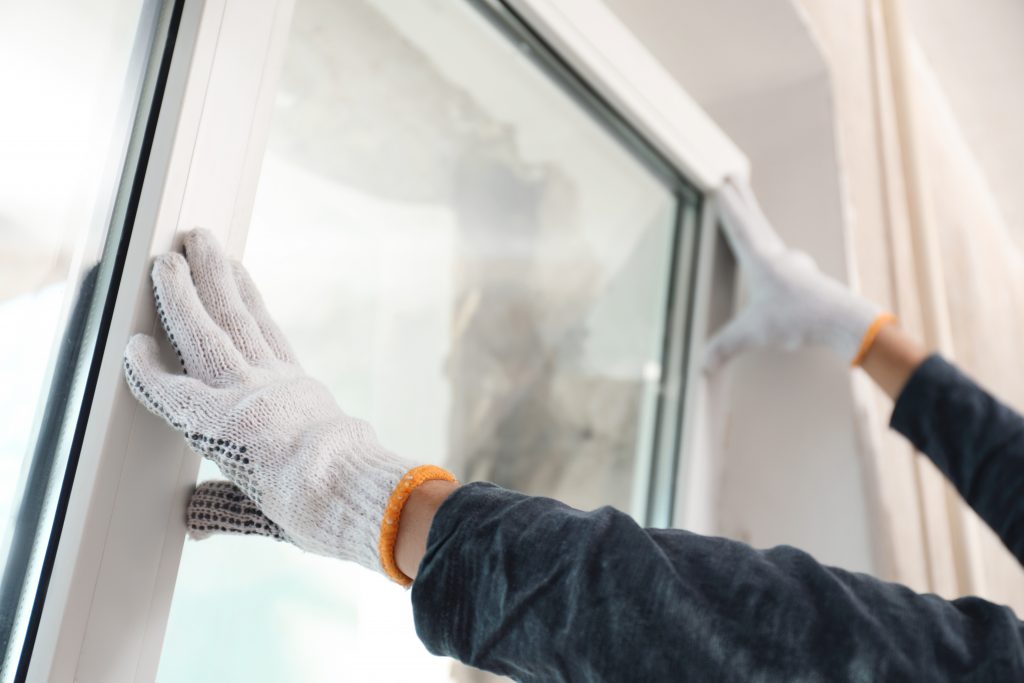In the usual circumstances, when you contact us here at ABS enquiring about getting aluminium windows for your residential or commercial address, the next steps are quite straightforward.
However, if the building is a listed building, then any work you wish to undertake will be subject to strict conditions set by Historic England. Likewise, any homeowners located within a conservation area may also have to consult local planning agents before moving ahead with new windows or similar improvement works.
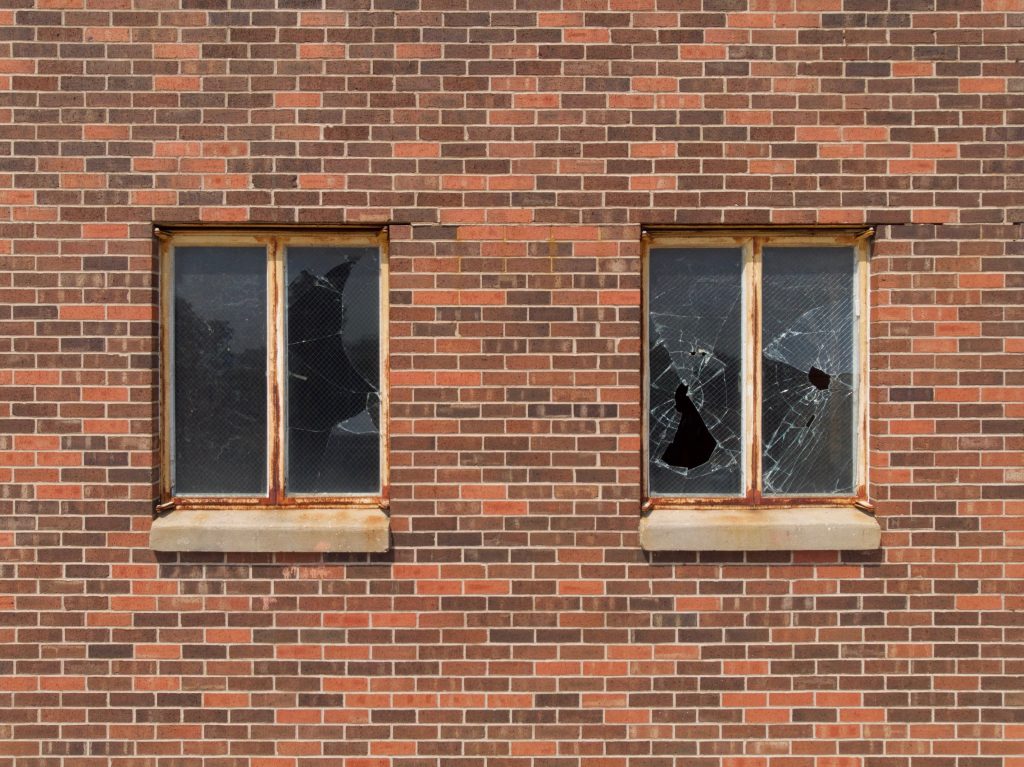

Signs You Need To Replace Your Windows
- Condensation on the inside of the windows (where improving the ventilation of the building, particularly in bathrooms and kitchens has made no difference)
- Condensation in between two window panes, which suggests your window seal has failed (a common problem with older uPVC windows)
- The window frames have corroded
- The energy efficiency of the home is poor leading to cold spots and draughts
- The windows are not secure
- The window style is dated and not in keeping with the look of the home (excluding period listed homes which must retain such features)
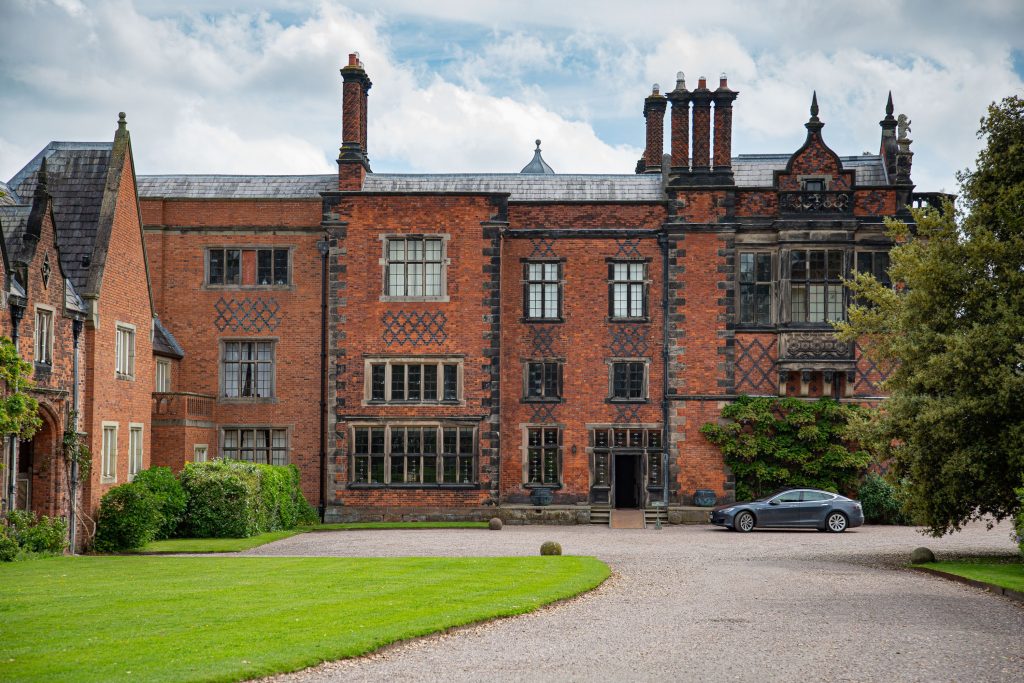

New Windows On A Listed Building – Considerations
The first step is to consult Historic England’s map checker, to see whether your property is listed and to what grade.
You’ll also be able to find out intricate details about why the building is listed, along with who to contact if you are wanting to make changes to the building. Usually, this will be your local planning department.
If looking to replace like-for-like windows, planning permission usually doesn’t need to be sought. Though, you should always seek professional advice before any changes are made.
Some of the most common questions a planning department or building owner may have include:
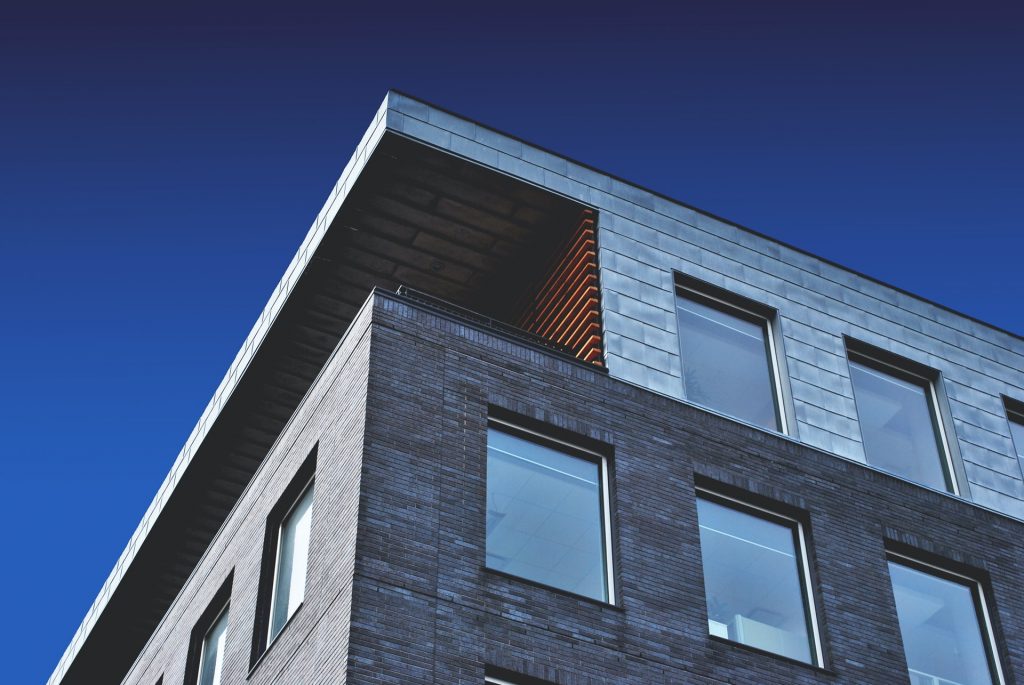

Are New Windows Necessary?
Historic England’s view is that ‘a repair is always better than a replacement’ on a listed building, and so repair to your windows should always be the first choice unless the deterioration or damage is too severe to be salvaged.
If a replacement is in order, then you’ll need to consult the relevant parties to find out the most suited materials to retain as much of the original charm of the building as possible.
In some cases, secondary glazing on the inside or outside of the original window may be suggested rather than replacing the window completely.
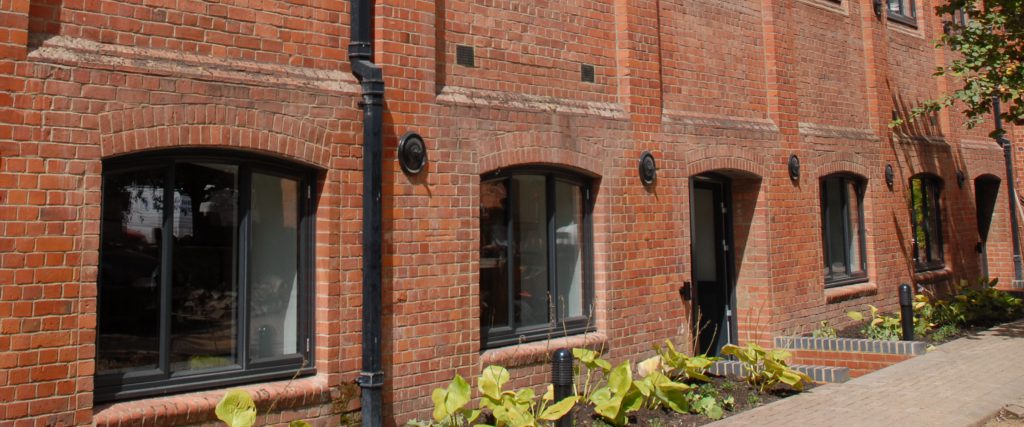

Can I Have Double Glazing On A Listed Building?
Original windows on a listed building are typically single glazed, leading many homeowners to want double glazing to improve the energy efficiency of the home.
There is definitely some contention where double glazing and planning authorities are concerned since the general view of double glazing is that it is of a more modern style, rather than in keeping with the period features of the home.
Though, this doesn’t mean your application for double glazing will necessarily be rejected. Instead, you may be able to reach a compromise by working with the window manufacturer to create a window that is as sympathetic to the original style as possible. Any plans will need to be approved before they can go ahead, but this approach is more likely to go in your favour.


What Do I Need Planning Permission For With A Listed Building?
Planning permission for listed buildings is aptly known as ‘listing building consent’, and is required for any kind of demolition work, alterations to the structure of permanent features and extensions to the main structures.
Unlike a regular planning application, your local council won’t charge for listed building consent. Though, any works they approve will be made on a case by case basis.
New Windows For Listed Buildings
Do you require further help and advice with all things windows? ABS is a manufacturer and installer of aluminium windows across the UK.
Some of our specialisms include curved and gothic arched windows, which may be applicable to listed or period homes. We also install our windows on modern architecture, meaning we can advise on the most suitable products regardless of your building type.
Please get in touch either by dropping us an email or giving us a call on 01623 721 172 where our friendly team is ready to assist you.

